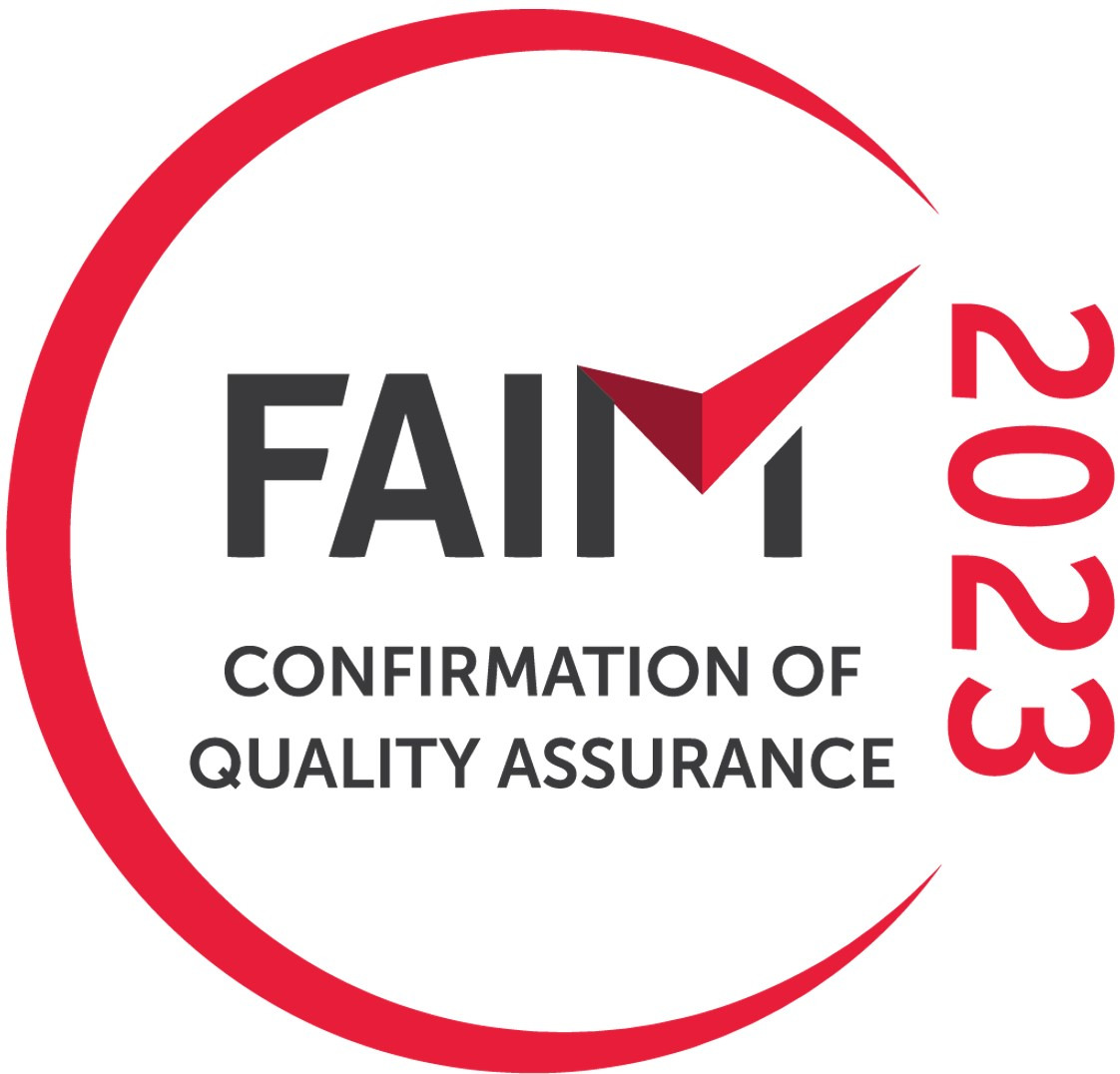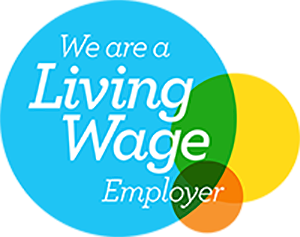Moving to Christchurch
If you are thinking about moving to Christchurch or international removals to anywhere else in New Zealand we have you covered! We strive to ensure that your intercontinental move to some of the most iconic, beautiful and unique destinations is as stress free and efficient as possible. We take the greatest care of your possessions and your wellbeing throughout the process ensuring that we eliminate stress and maximise efficiency. We care that your move fills you with excitement, not dread and that you have faith in us to meet and exceed your standards. We have specialised in international removals to New Zealand for over 50 years our entire team are experts in export packing, we understand that moving your life can be highly complex.
Our team are exceptionally well trained, kind and very experienced movers that you can rely on to get you from A to B as efficiently as possible. We are always happy to hear from anyone considering using us for their international removal and delivery so if you have any questions please get in touch.
About Christchurch
With just under 400,000 residents, Christchurch is the biggest city on the South Island of New Zealand, and is the third biggest in the country. Christchurch is also the oldest established city in New Zealand, and thrives in the farming industry, primarily thanks to its location along the banks of the Avon river. If you are thinking of moving to New Zealand, Christchurch is certainly a destination to consider.
The Suburbs of Christchurch
Avonside, as its name suggests, is situated right beside the Avon river. This is one of the oldest suburbs in Christchurch. As an inner suburb, Avonside is close to the central business district so is ideal for those commuting into the city for work.
Sydenham lies just south of the city centre and is a largely residential area, however there are small businesses and retail stores available.
Wigram Park is also a location to consider when moving to Christchurch as it has plenty of nearby local amenities and home to the Canterbury Agricultural Park. This suburb is very close to the industrial estates in Sockburn, and retail is available in the neighbouring suburb of Hornby.
Sumner is a coastal seaside suburb named after the 1849 Archbishop of Canterbury John Bird Sumner. Situated in a scenic coastal valley, Sumner is the perfect location if surfing, swimming and boating are at the top of your priorities.
Getting Around Christchurch
Christchurch has a metro system which covers bus services operating throughout the city and suburbs, as well as the local ferry, which crosses Lyttelton harbour, running between Lyttelton to Diamond Harbour. All services within the Metro system can be paid for using a metrocard. The metrocard offers discounted prices for under 18s and free off-peak travel for senior citizens.
There is also the option of using Christchurch Tramway, which operates a one-way circuit around the city centre. The Tram is mainly a tourist attraction, but is useful for some commuters who want to purchase a season ticket.
Things to do in Christchurch
Like most large cities, Christchurch has plenty to offer. There are a variety of museums including the Air Force Museum and the Canterbury Museum, and Quake City offers an interactive re-telling of the disasters of the 2010 and 2011 earthquakes. For entertainment, Christchurch has multiple theatres showcasing various forms of art. The city is often nicknamed ‘garden city’ due to its masses of green space, consisting of many parks and gardens.
Interesting Facts about Christchurch
Christchurch is home to the oldest bridge in New Zealand, located in Victoria Square.
The city is named after Christchurch College at Oxford University
There is an official “wizard of Christchurch”
Other Popular Destinations
FAQ
Yes, UK citizens can indeed move to New Zealand. The process involves selecting the appropriate visa, making sure you meet eligibility criteria and completing the application with the required documents. It is important to be prepared for health checks and character references, and we always recommend allowing for varying visa processing times. Once approved, follow entry requirements, make arrangements for accommodation and employment, and consult official sources for guidance. This is where we come in, John Mason’s international removals service offers comprehensive support, including packing, shipping, customs clearance, delivery, and even pet relocation. Our experienced team of professionals are on hand to provide personalised assistance for a smooth transition.
When bringing pets to New Zealand, remember that strict regulations exist to protect the environment. Requirements vary on the pet type, including vaccinations, health checks, and quarantine, for example microchipping and rabies vaccinations are a must for cats and dogs, costs for these treatments should be expected. Most pets are allowed in New Zealand, such as cats, dogs, and chinchillas from the UK. However, birds, ferrets, mice, rats, reptiles, and snakes are prohibited. Certain dog breeds also have restrictions unless meeting specific criteria, like being a registered service animal. Our dedicated pet relocation team ensures excellent care for your animals, during all aspects of your move to New Zealand.
Yes, it is possible to move to New Zealand when you’re retired. But there are specific visa options and rules you need to meet. One of your options is the Parent Retirement Resident Visa, which is for parents who rely on financial support from their adult child in New Zealand. Alternatively, the Temporary Retirement Visitor Visa is designed for individuals aged 66 or older, allowing a stay of up to two years with requirements including adequate funds and insurance. Keep in mind that visa rules can change, and that there are financial and sponsorship criteria for these visas. You may also need to consider things like healthcare and the cost of living before you decide to make the big move to New Zealand.
Moving to New Zealand without a job can be challenging, as most immigration pathways require a job offer or proof of relevant skills to obtain a job once in the country. The visa options without a job include, Partner of a New Zealander Visa, Dependent Child Resident Visa, Parent Resident Visa and more. As always, we recommend you check the latest immigration policies, and consider the financial aspects of relocating to New Zealand without a job.
The cost of relocating to New Zealand varies based on factors like visa type, location, and personal situation. Core expenses include visa fees, airfare, lodging, daily living, healthcare insurance, shipping, settling costs, education charges, and transport. Shipping belongings to New Zealand typically ranges from £1,500 to £10,500 for containers, the final price depends on where you’re moving from, what and how much you’re moving, how you’re shipping it, and the container size you need. We can also ship extra baggage starting at £150. For a quick cost estimate of your removal to New Zealand, try our Instant Online Quote generator. For additional information on any of the above this can be found in our expert online moving guides.
The visa requirements for moving to New Zealand can vary depending on your situation. Generally, if you are planning to move to New Zealand for work, you will need a work visa. If you are planning to move to New Zealand permanently, you will need a resident visa. There are also temporary visas available for those who want to live and work in New Zealand for a set period of time. The application process for visas can be complex, so it’s important to work with a trusted and experienced immigration advisor to ensure that you comply with all relevant regulations.
There are several items that are prohibited from being imported into New Zealand due to the country’s strict biosecurity regulations. These items include:
- Any food, regardless of whether it is cooked, uncooked, fresh, preserved, packaged, or dried
- Plants or plant products
- Other biosecurity risk items such as animal medicines, biological cultures, and soil or water
- Animals or animal products, including meat, fish, honey, and dairy products
- Items that have been used for outdoor or farming activities
It’s important to note that prohibited items will be disposed of upon arrival in New Zealand, so it’s best to leave these items behind when packing for your move.















